Best D&D class for beginners - what should newcomers play as?
Go from zero to hero with the best D&D class for beginners
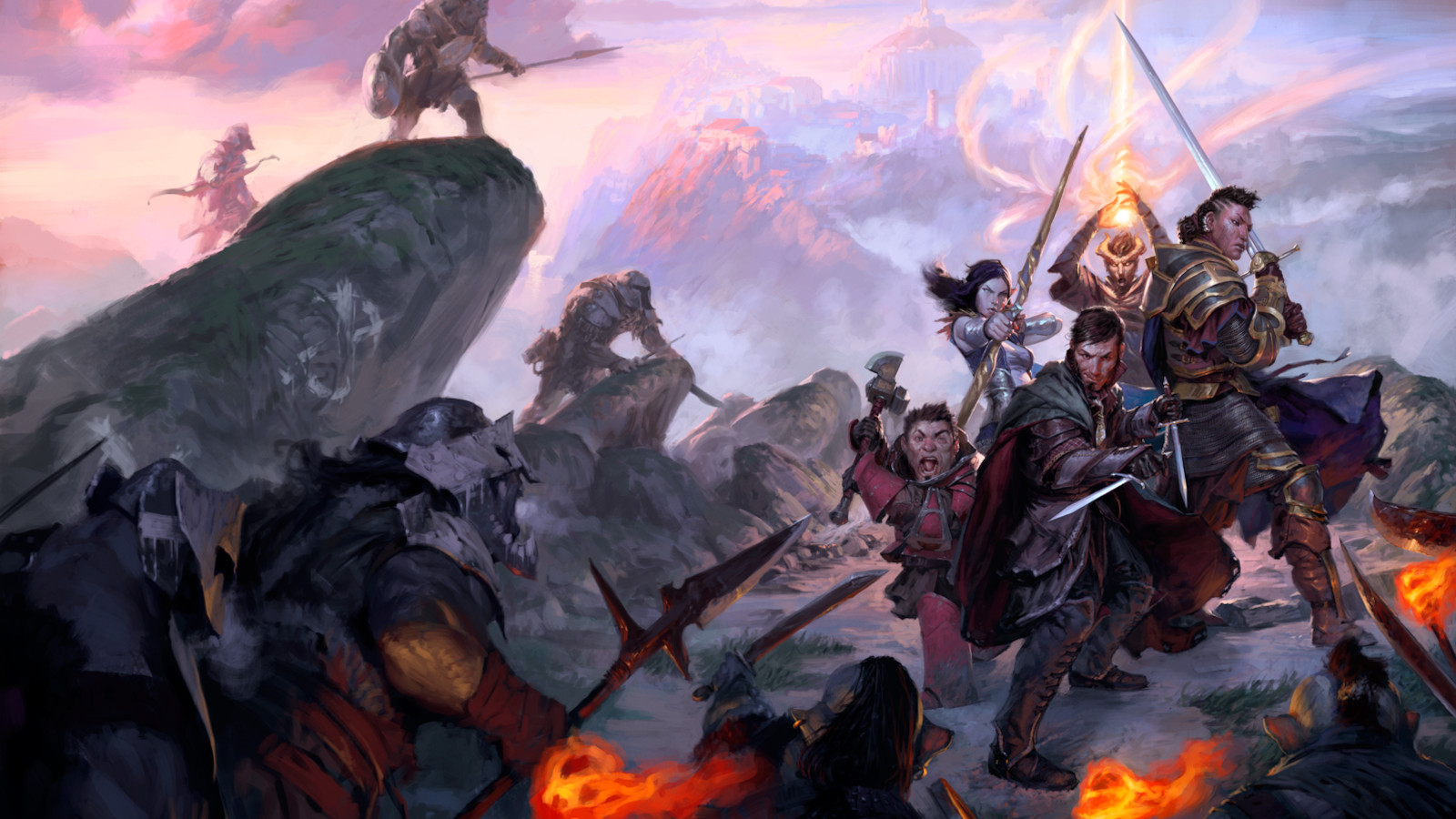
If you’re looking for the best D&D class for beginners, then chances are you’ve taken a glance at the list of available options and are feeling a little overwhelmed by your potential choices. Considering that the current Player's Handbook starts off with a whopping 12 different Dungeons and Dragons classes to choose from, we can hardly blame you.
Things get even more complicated because, in spite of being able to divide the best D&D classes for beginners into two groups (martial and spellcasting), many actually sit somewhere between the two. You’ll also find that some classes have a resource of sorts that needs to be managed, such as how many times a Barbarian can rage, or how many spell slots a Wizard has. This, on top of the different ‘flavors’ of each class (known officially as Subclasses), can add further complexities for new players to overcome.
Luckily, we’re here to help - you'll find a detailed guide on the best D&D classes for beginners below. We've also got some advice for any players or Dungeon Masters that are new to one of the best tabletop RPGs. Remember, even the most experienced players are unlikely to be experts in every option, and learning your character's features and abilities will take some time regardless of how easy they are to start with. We were all new to the game once, and Dungeons and Dragons books are there to be referenced!
D&D classes for beginners - the easiest options
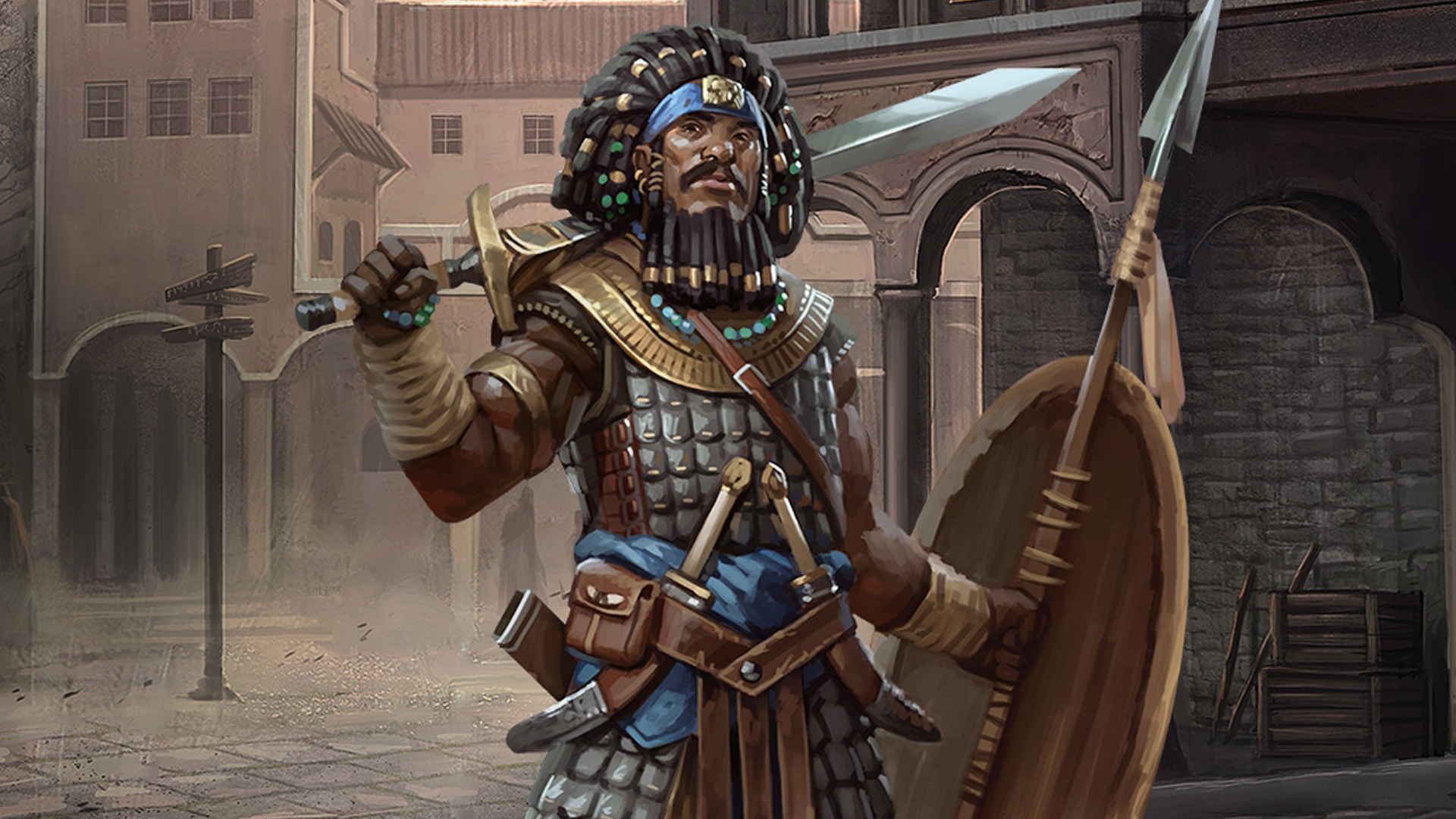
1. Fighter
Specifications
The Fighter is your typical bread and butter adventurer, a badge that often gets them labelled as 'boring' or 'vanilla' when compared to other classes. Don’t let this fool you though, as Fighters have just as much potential to grow into an impressive character over the course of a campaign, all while offering the easiest mechanics to play as a D&D class for beginners.
Within the game, any character can make a physical attack with a weapon, be that a staff, sword, or even just their bare hands, and this will be your staple move as a fighter. There's no fuss or complex spells - just roll to attack and dish out your weapon damage. As such, fighters come under the 'martial' class designation (though fighter Martial archetypes/subclasses will also allow players to cast some spells from level 3).
Naturally, you can always flavor things as your character develops with magical items and other flashy equipment. But for someone who needs time to learn the basic mechanics of D&D? A Fighter is the ideal choice.
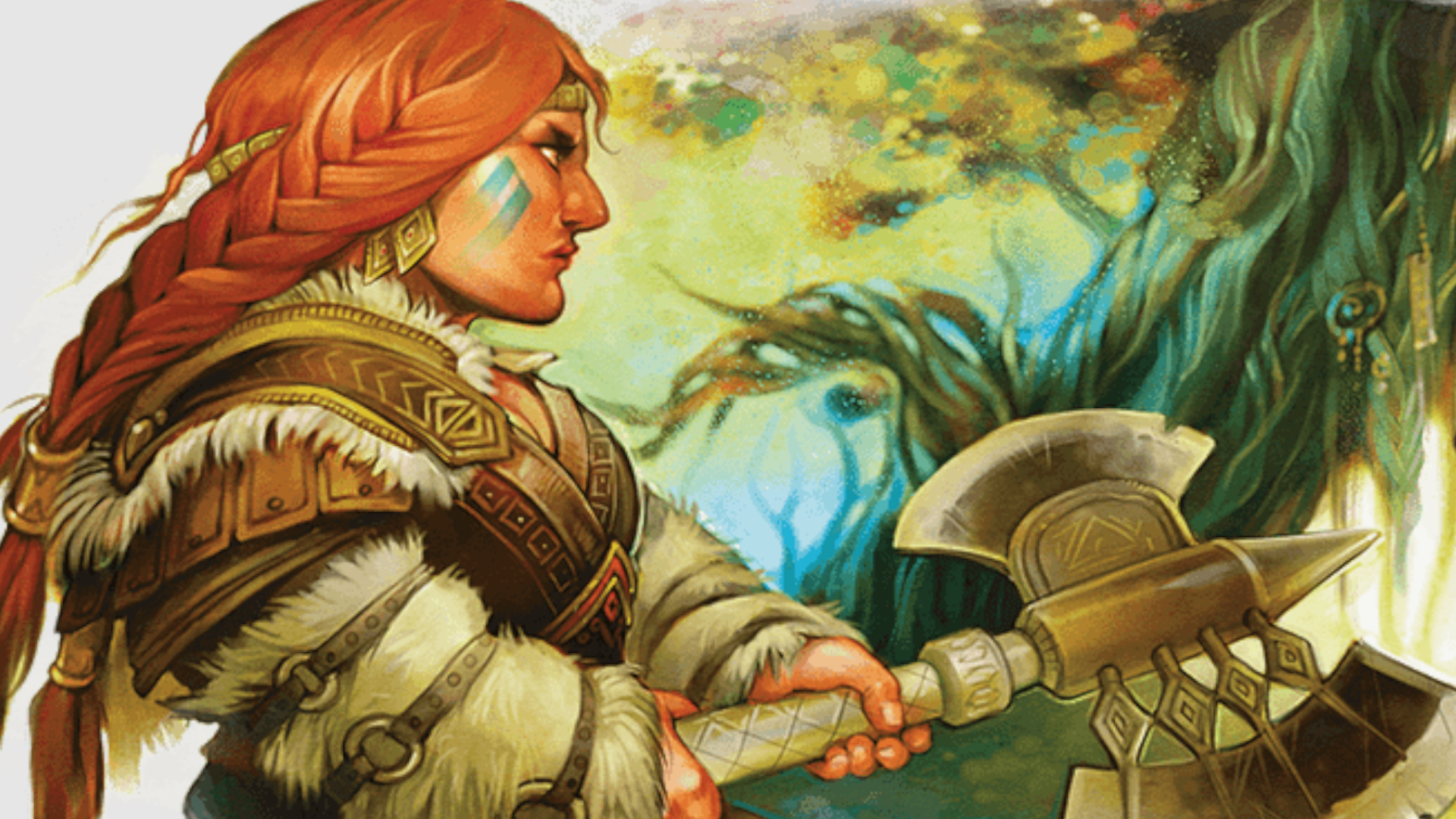
2. Barbarian
Specifications
If you want the simplicity of a martial class for hitting things, but with a different feel, then playing as a Barbarian could be ideal. You get many of the same skills as a Fighter, only you’re so angry that you occasionally fly into a bloodthirsty rage that gives you some additional advantages when attacking (like bonuses to Strength checks and a boost to any damage rolls that use Strength).
You can’t wear the same heavy armor that Fighters can, but that rage has the additional benefit of making you very difficult to kill, giving you resistance to most physical damage. Barbarians also have an unarmored defense that boosts your AC (armor class) with additional stats, so you can hit hard without worrying too much about how hard the enemy will hit you back.
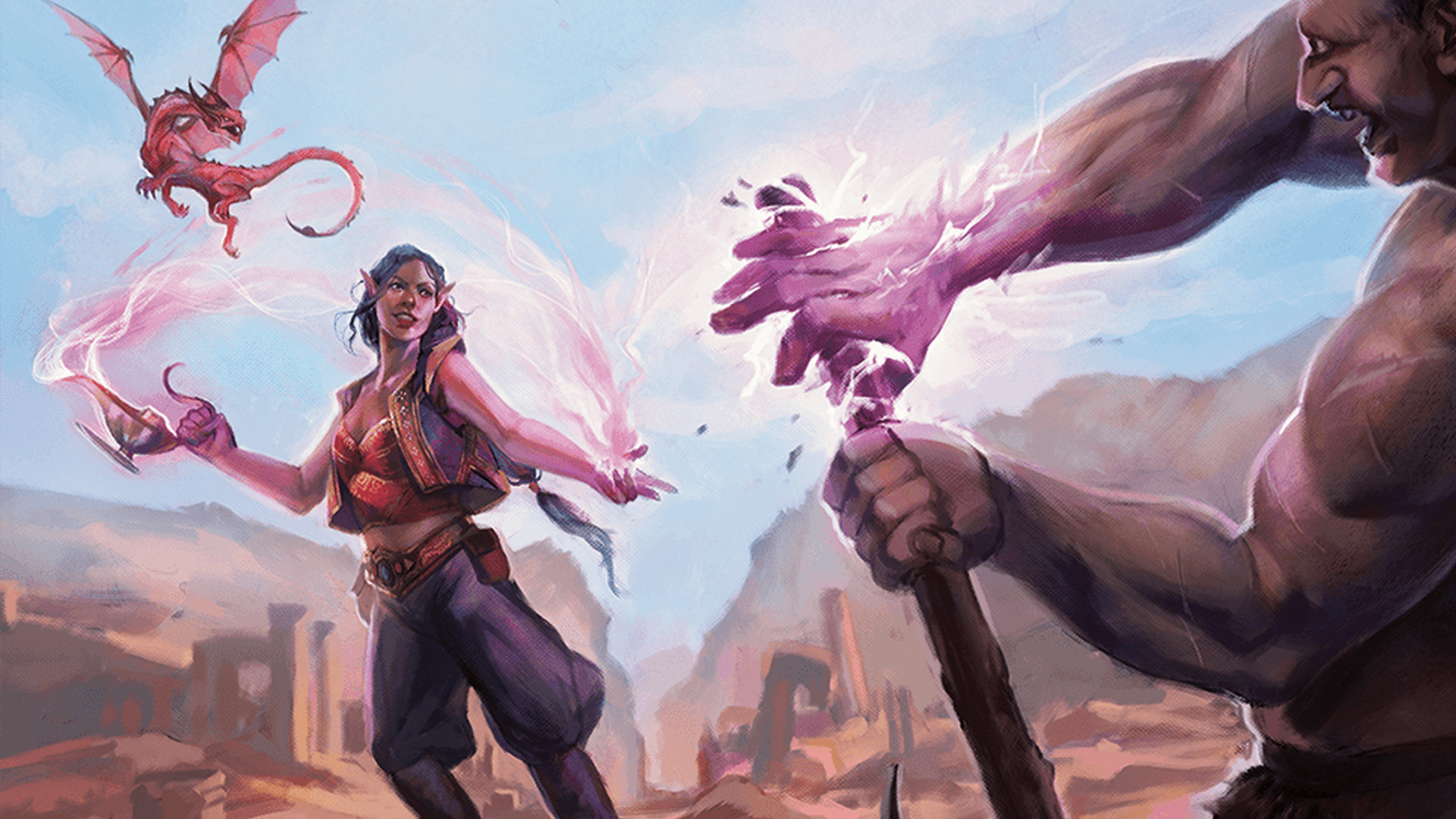
3. Warlocks
Specifications
Perhaps you enjoy playing spellcasters in your favorite games, and the idea of just swinging a sword around doesn’t hold much appeal. Good news! Warlocks offer the easiest gateway into spellcasting within D&D, as they’re relatively uncomplicated compared to classes like Wizards or Clerics. While you’ll have a list of spells to choose from, this is smaller than most other 'pure' spellcasters, and you only get two spell slots to worry about.
Luckily, these will replenish on a short rest rather than the long rest required by other classes (if those terms are new to you, don't worry - they're pitstops that allow you to recharge your abilities). And because the most common action you’re likely to take as a Warlock - the Eldritch Blast cantrip - is free, there's no pressure that you’ll be rendered useless if you can’t keep an eye on how many slots you have left. Just stand far away, keep blasting at the enemy, and read through the rest of your spells to see if anything could be of use later.
While there are many additional layers you can add to a Warlock (such as feats and magic items, just as you can with any D&D class for beginners on this list), your core mechanics are far easier to remember than many of the complexities you’ll have with other spellcasters.
Sure, they’re often typecast as evil because they get their powers by making a deal with powerful patrons, such as a Fiend or Cthulhu-esque Great Old One, but how you write your character’s behavior is entirely down to you.
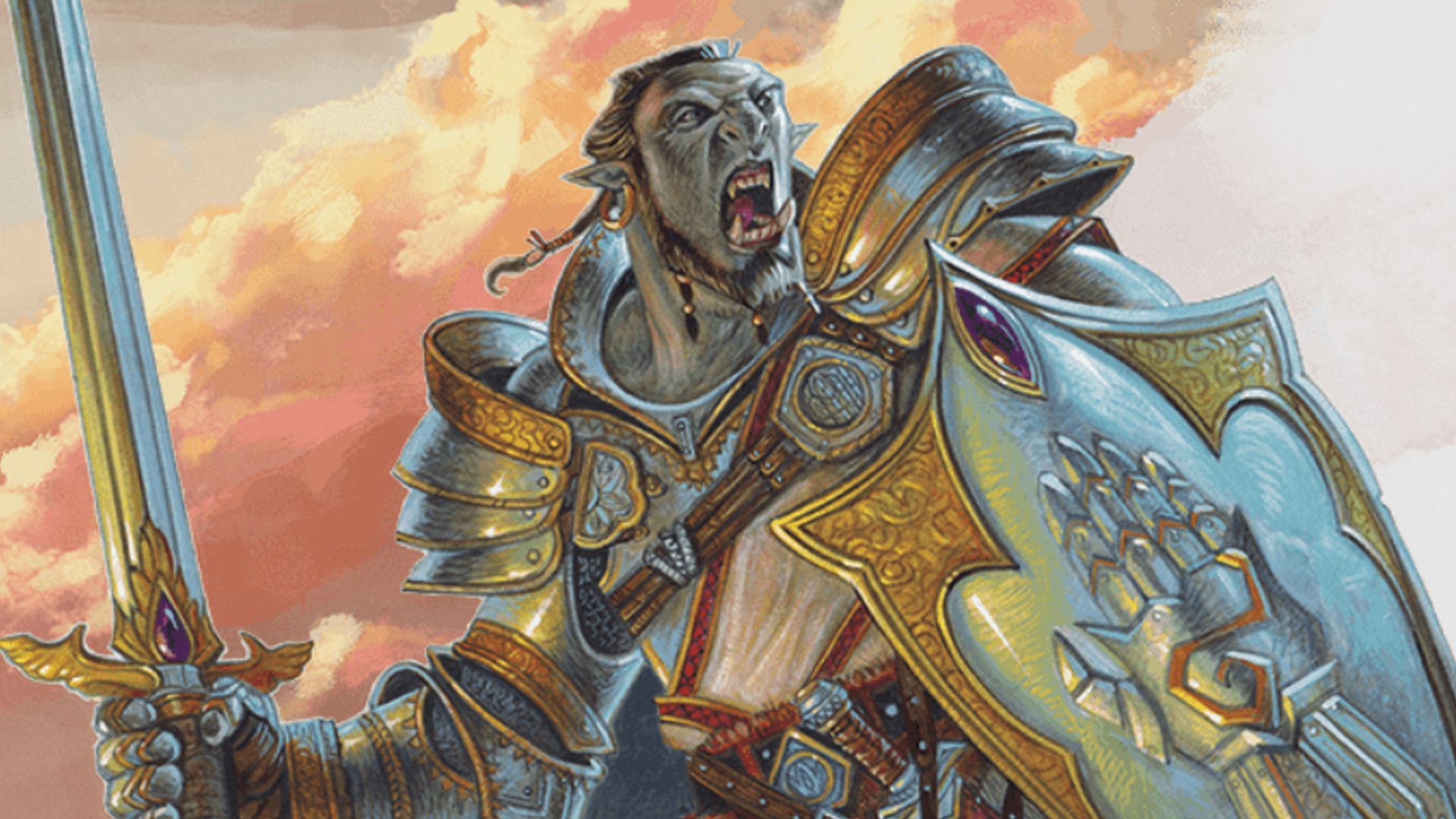
4. Paladin
Specifications
Do you, like Miley, enjoy the best of both worlds? Then playing a Paladin will likely take your fancy. Although they gain magical power from the deity they worship, they're a fighter first and can usually be found wrapped in heavy armor. This emphasis on combat means that you don't need to worry too much about memorizing spells; Paladins have a shorter list at their disposal than most spellcasters, so it's much easier to follow.
Chances are you’ll be using those spell slots for one purpose anyway - righteously smiting your enemies. Paladins can burn through a spell slot level of their choice to imbue physical weapon attacks with the power of a god, and this can cause some seriously eye-watering damage. Healing yourself or your companions is also an option, so Paladins will help you to learn the complex skills used in more difficult D&D classes for beginners.
With all this in mind, it may not come as a surprise that they traditionally sit at the opposite end of the scale to Warlocks - it's common for them to be portrayed as law-abiding heroes with a strong sense of justice. Nevertheless, it's worth pointing out that there are plenty of gods in the pantheon better known for evil deeds than good ones...
Speaking of gods, a Paladin's religious background offers a great way to get into the lore of Dungeons and Dragons. Because their powers are bestowed upon them by one of the many deities in D&D's pantheon, they provide a glimpse at the world beyond simple adventuring.
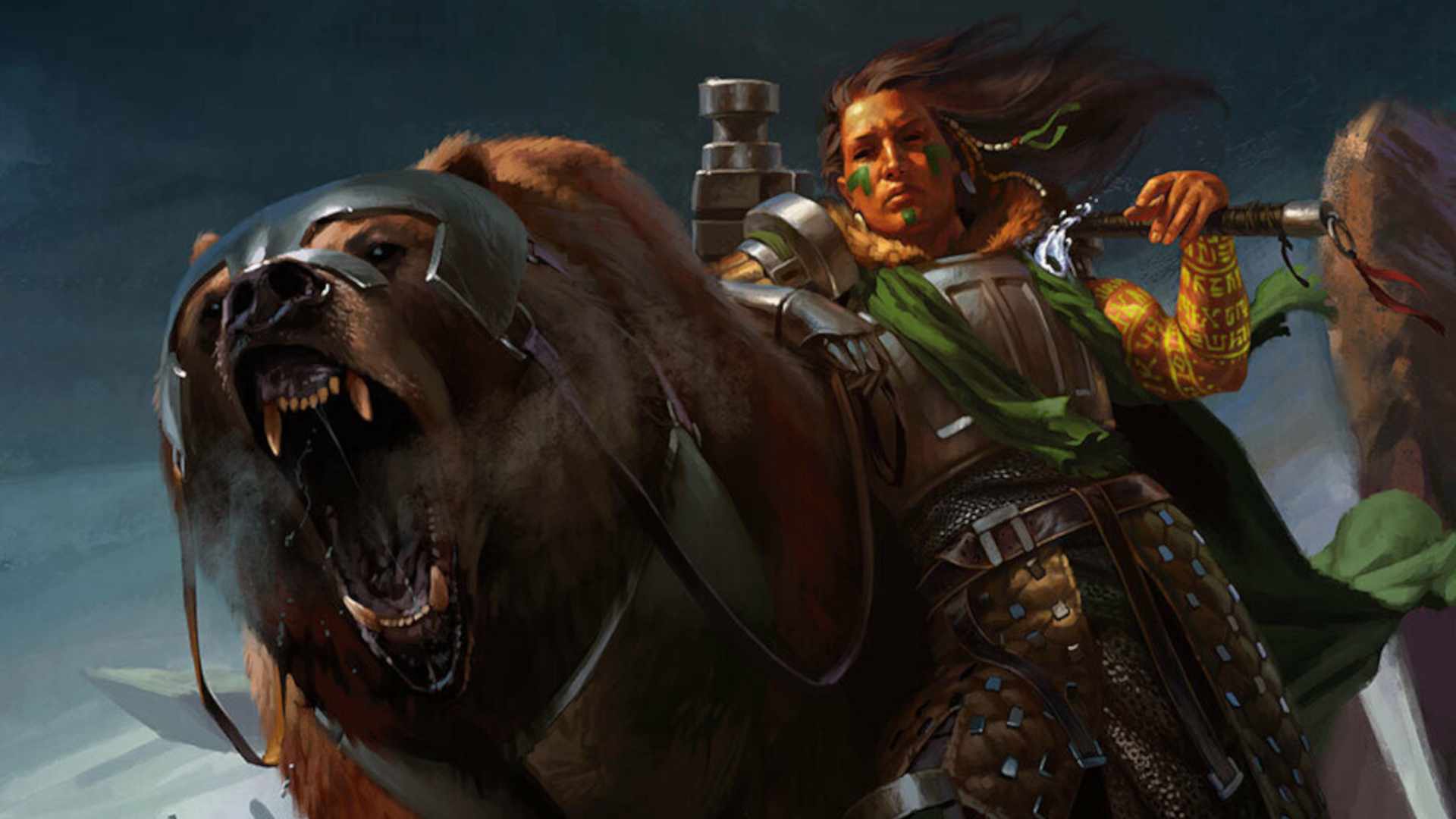
5. Ranger
Specifications
This one's ideal for anyone that's still fond of playing Skyrim. Even though Rangers can become somewhat complicated after a few levels (though you can add as much or as little complexity to the character build as you desire when you level up), the early game sees you simply popping off shots with your bow from afar.
Not that you'll 'just' be a glorified archer. As a Ranger, you also have access to a small list of spells. The most common of these is Hunter's Mark, and it allows you to deal extra damage whenever you hit the targeted creature with an attack.
You have options that allow you to control an animal companion too, so there’s plenty of utility to make a Ranger feel unique. Want a friendly bear to follow you around like Trinket from Critical Role, The Legend of Vox Machina, or Tal'Dorei Reborn? This is the class for you.
Just be aware that there's a ‘Revised Ranger’ build to consider as well. This was an official update created because the classic Ranger from fifth-edition D&D was criticized for being weaker than other classes. However, there's no need to fret if you only have access to the classic version; you can still play a powerful and well-rounded character using the original 5e build from the Basic Rules or Player's Handbook.
More complex D&D classes for beginners
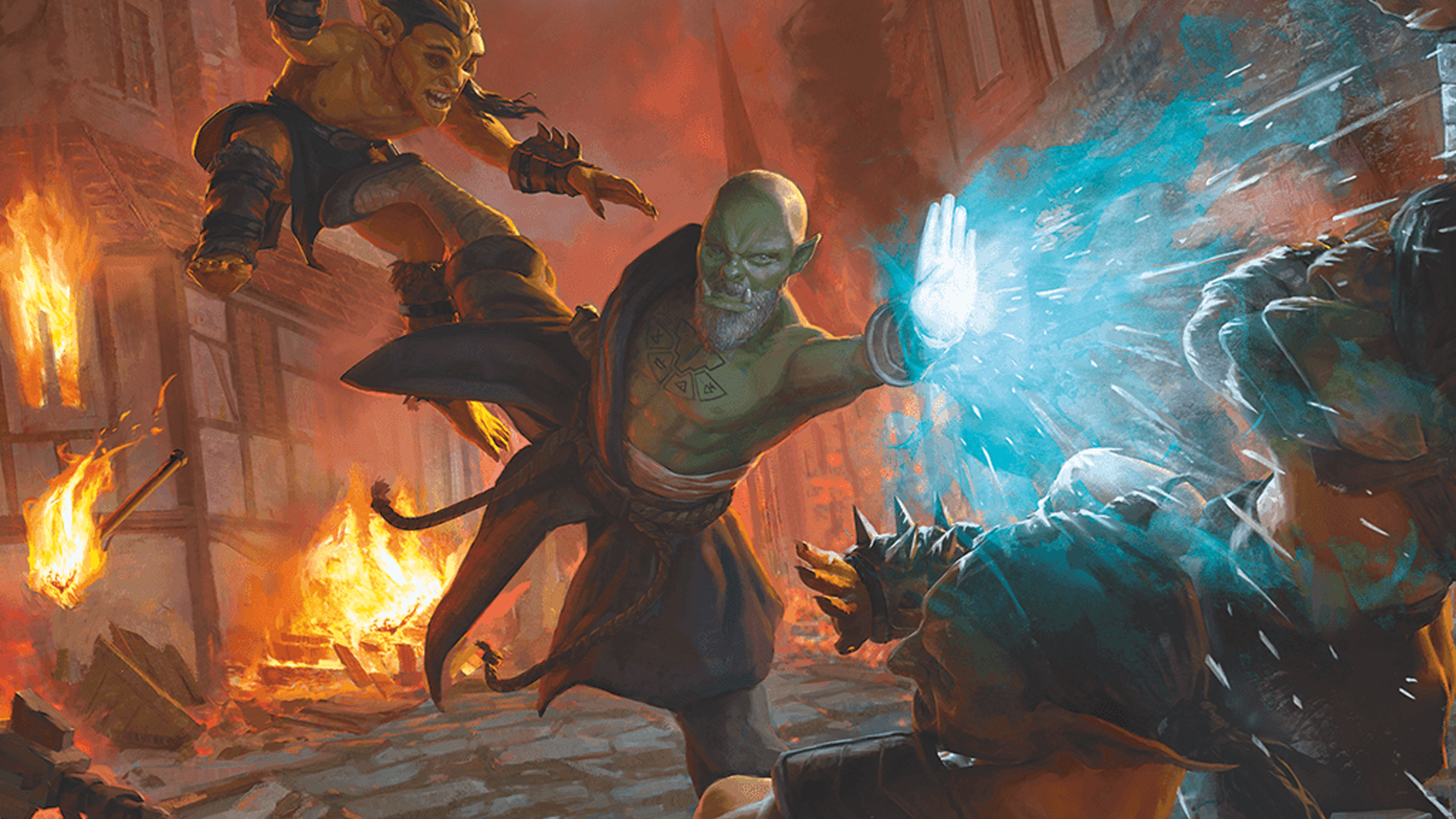
1. Monk
Specifications
As another martial class, Monks use a variety of simple weapons in combat but are better known for fighting with their bare fists. While punching things sounds pretty easy in theory, Monks also have a resource to manage known as 'ki' points, which can complicate playing the class to its full potential if you're new to the game.
A magical force that suffuses the universe and flows through all living beings, ki points can be expended in exchange for various actions. That includes an additional attack or a big boost to your movement speed, so they're pretty helpful when the chips are down.
Sounds simple enough, right? Well, the complexity stems from some of these features having an effect on other things your character can do. For example, many of the actions you can take by using a ki point will use up your bonus action, thus limiting your options in a trade-off.
This, on top of the fact that Monk subclasses known as 'Monastic Traditions' - like Way of the Four Elements - introduce spellcasting and other resource management, means that Monks are a little harder to get to grips with than other combat-focused D&D classes for beginners. They're great in action, but require a little more thought to use effectively.
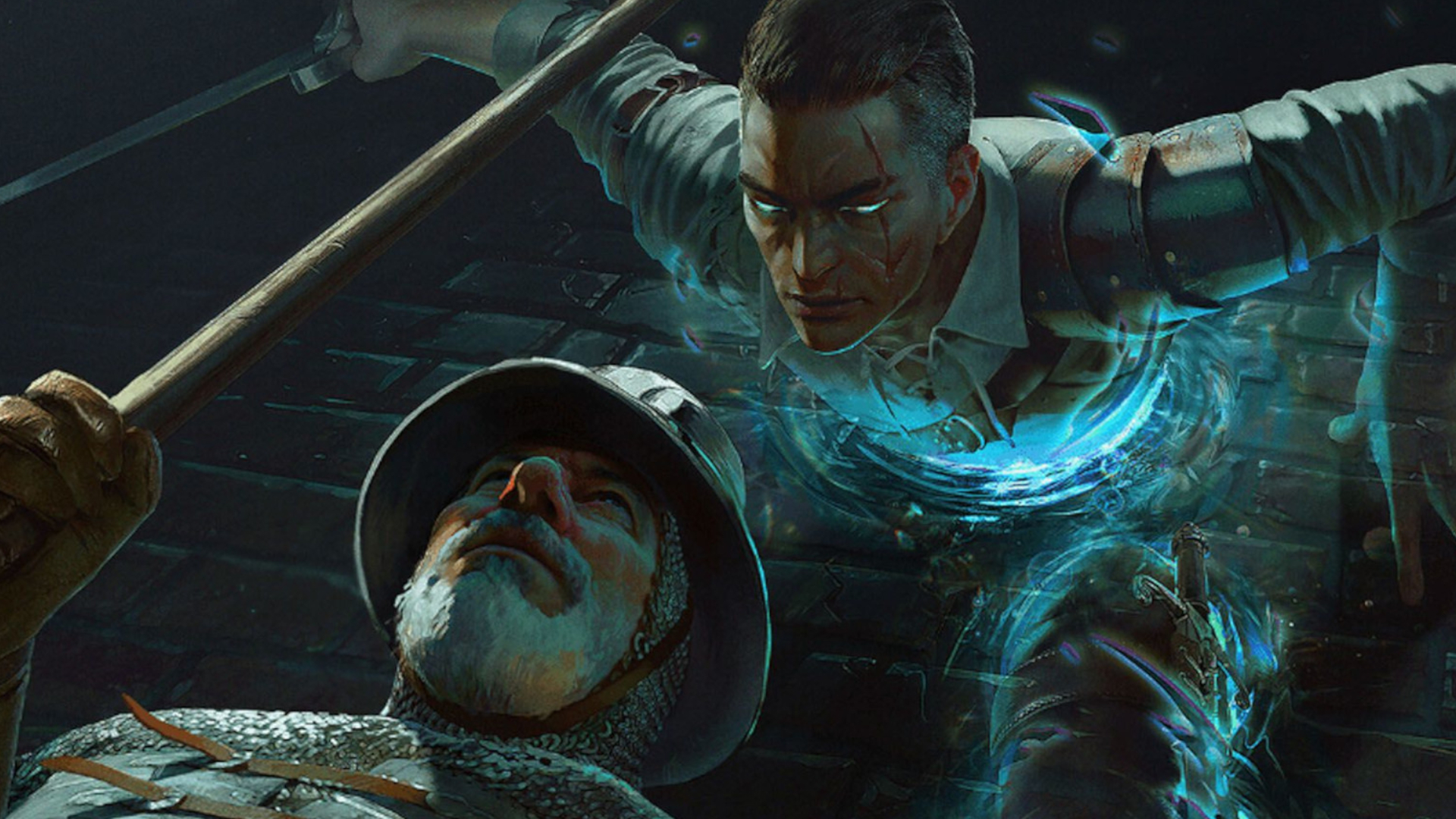
2. Rogue
Specifications
Rogues are the masters of stealth within the D&D universe and have earned a reputation for being brooding, mysterious anti-heroes harboring a dark or tragic past. They’re ideal for folks looking to play as an assassin or thief, and because they fall under the martial class archetype, they take less work to play than alternatives with a lot of spells.
Still, there are a lot of game mechanics you’ll need to become familiar with in order to play a Rogue to its best advantage, with one example actually being how advantages work within the game.
Basically, a Rogue's main class feature is the 'Sneak Attack', something that will grant you the ability to deal extra damage once per turn (providing your character is within five feet of its comrades or already has an advantage over the thing it's attacking, anyway). In short, you’ll need to be paying extra attention to your surroundings and what the other players in your group are doing to actually reap the benefits.
This isn't especially difficult and is awesome when handled correctly, but it's still something worth keeping in mind if you’ve never played in a D&D campaign before.
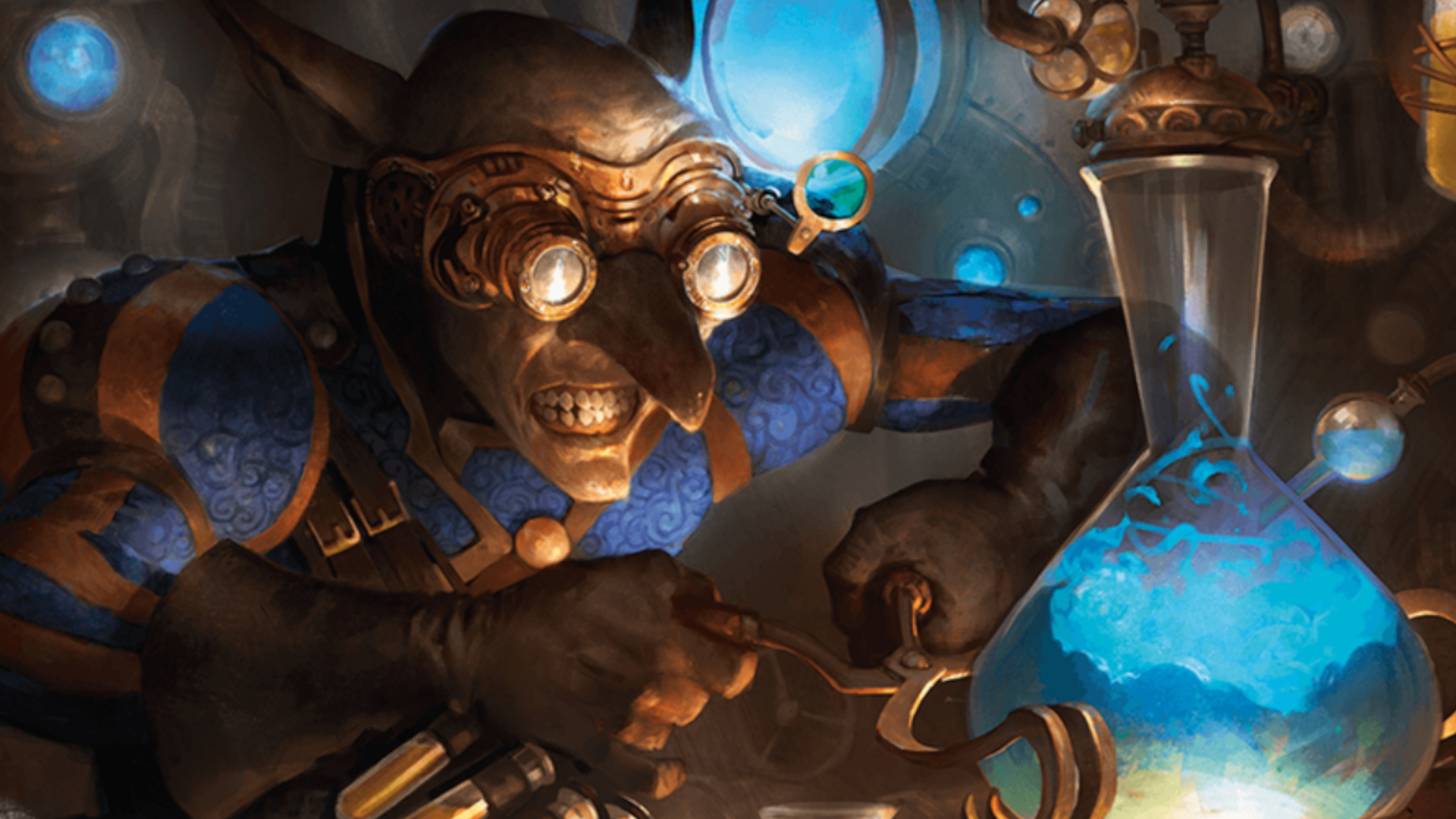
3. Artificer
Specifications
Anyone who only owns the Player's Handbook for D&D 5E might not be aware of this class, and that's because it was introduced in an expansion module called Tasha’s Cauldron of Everything. Still, if your Dungeon Master happens to own that book, you might be offered the chance to play an Artificer. And while they're awesome, you should be made aware that they’re not the easiest choice to jump into as a new player.
This is mainly down to accessibility. As Artificers are the alchemist and tinkers of this world (using tools and other equipment), they have a certain unfamiliarity about how they’re played that means you might not get as much guidance from more experienced players as you would other classes.
On the other hand, and much like the Warlock, you’ll get a short list of spells which makes the Artificer class somewhat more accessible as a spellcaster. You’ll also use Artificer Infusions to imbue items with magical qualities.
Complexity arises out of the same resource management we’ve already seen, but the fact that Artificers are missing from the Basic Rules or Player's Handbook will be the biggest hurdle to playing this class of inventors.
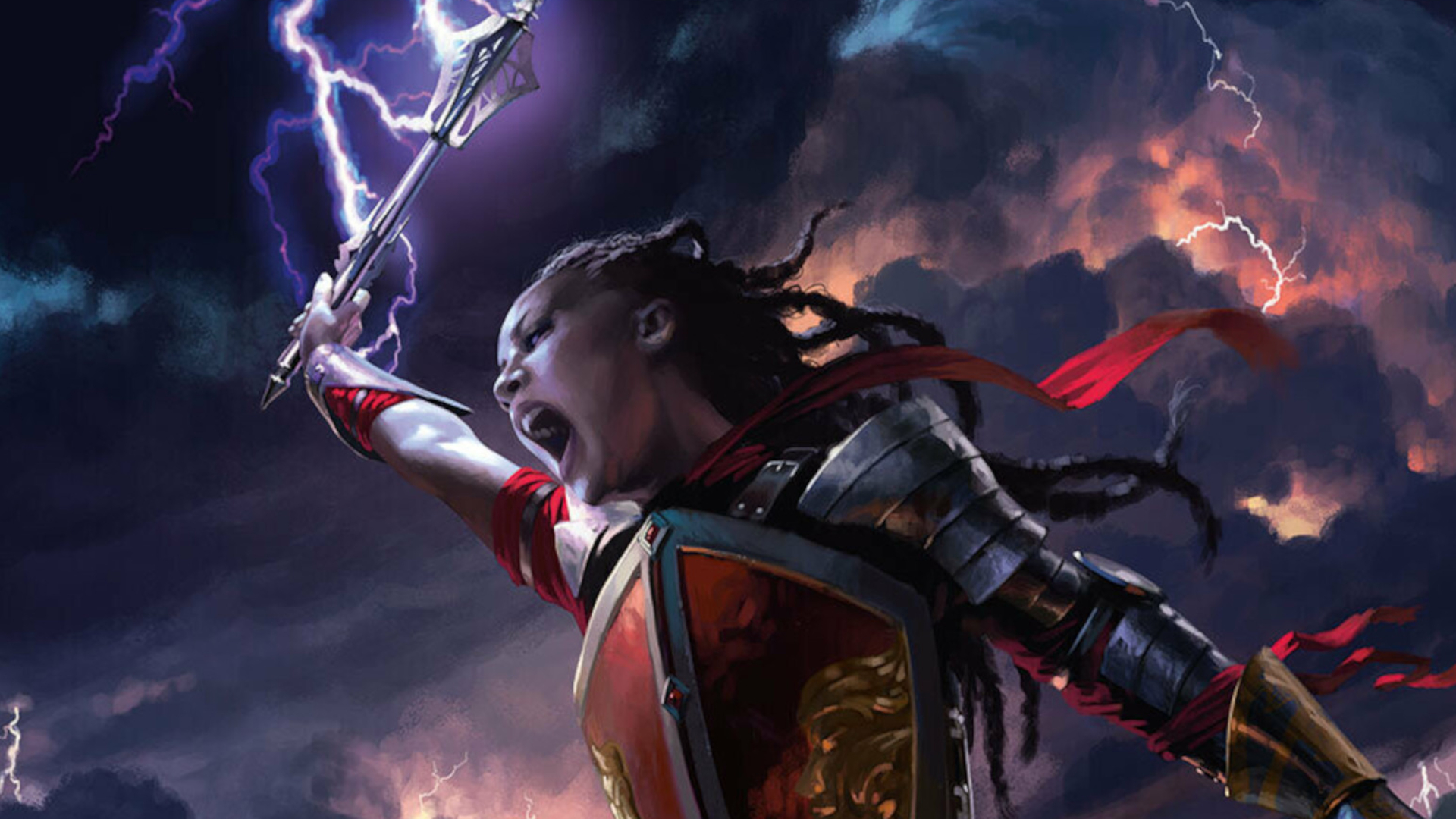
4. Cleric
Specifications
Clerics are the spiritual opposite of a Paladin; although they're capable of swinging a hefty axe around, they worship deities that have provided them with a decent list of spells and spell slots. That means these characters are more focused on magical abilities than beating the snot out of foes, and they're famous for keeping their fellow adventurers on fine form with abilities like Healing Word.
Understandably, this makes them superb battlefield medics - but that doesn't mean they have to stick with this role. Despite often being typecast as the ‘healers’ of the party, Clerics don’t have to have any healing spells on their docket at all. This means you can make the character as easy or as complex as you need.
Many Cleric spells and abilities pack a serious punch, too. This makes them great as a D&D class for beginners that want to get used to spellcasting without sacrificing defensive capabilities. Thanks to their ability to use medium armor and a higher Armor Class in general, they're much sturdier in battle than squishy magic alternatives like Wizards.
They're awesome right out the gate as well. Where most classes don’t get any of their ‘cool’ features until level two or three, Clerics have to choose their Devine Domain right off the bat at level one and get access to the full list of Cleric spells from the get-go. This allows you to rearrange the spells you have ‘ready’ (I.E the ones you can actually cast) after a long rest, giving you a broader menu of magical abilities.
Hardest D&D classes for beginners
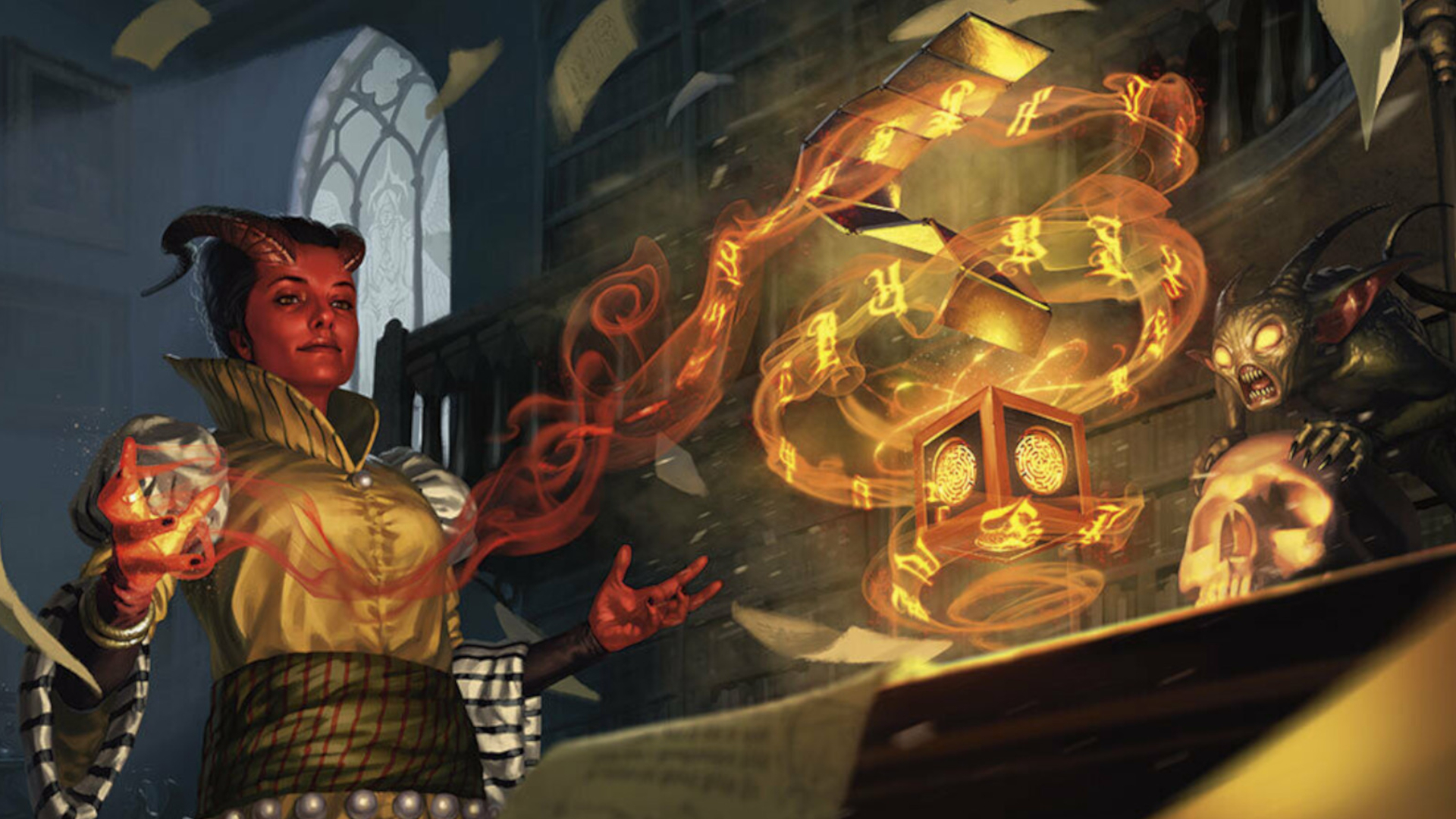
1. Sorcerer
Specifications
In the world of D&D, your character can acquire magic in a variety of of ways. While Paladins, Clerics, and Warlocks get their powers from a higher being and Bards gain abilities through… er, the power of performance for some reason, Sorcerers are innately magical thanks to a bloodline or anomaly. It certainly beats the years of study Wizards face.
As full spellcasters, they have to manage a list of spells alongside features like 'Metamagic' that can affect how and when you would cast them. Further complications are then thrown in with Sorcery Points, a feature that you can use to either gain additional spell slots or to convert spell slots back into Sorcery Points. In short? It's a lot of resource management to handle even for a regular spellcaster, which makes them difficult for newbies.
Plus, you need to have a good understanding of D&D rules to play one effectively - you’ll likely spend most of your teammates' rounds planning your next action and then checking to see if you’re actually allowed to do it. This can be fun for veterans or fans of optimising their turn, yet it's a handful if you're a newcomer.
Oh, and we haven't even covered the Sorcerer subclasses which can add further complexities to the mix. As an example, the origin of your power gives you additional spells and features to contend with. That's why you're probably better off leaving this one for later if you want an easy D&D class for beginners.
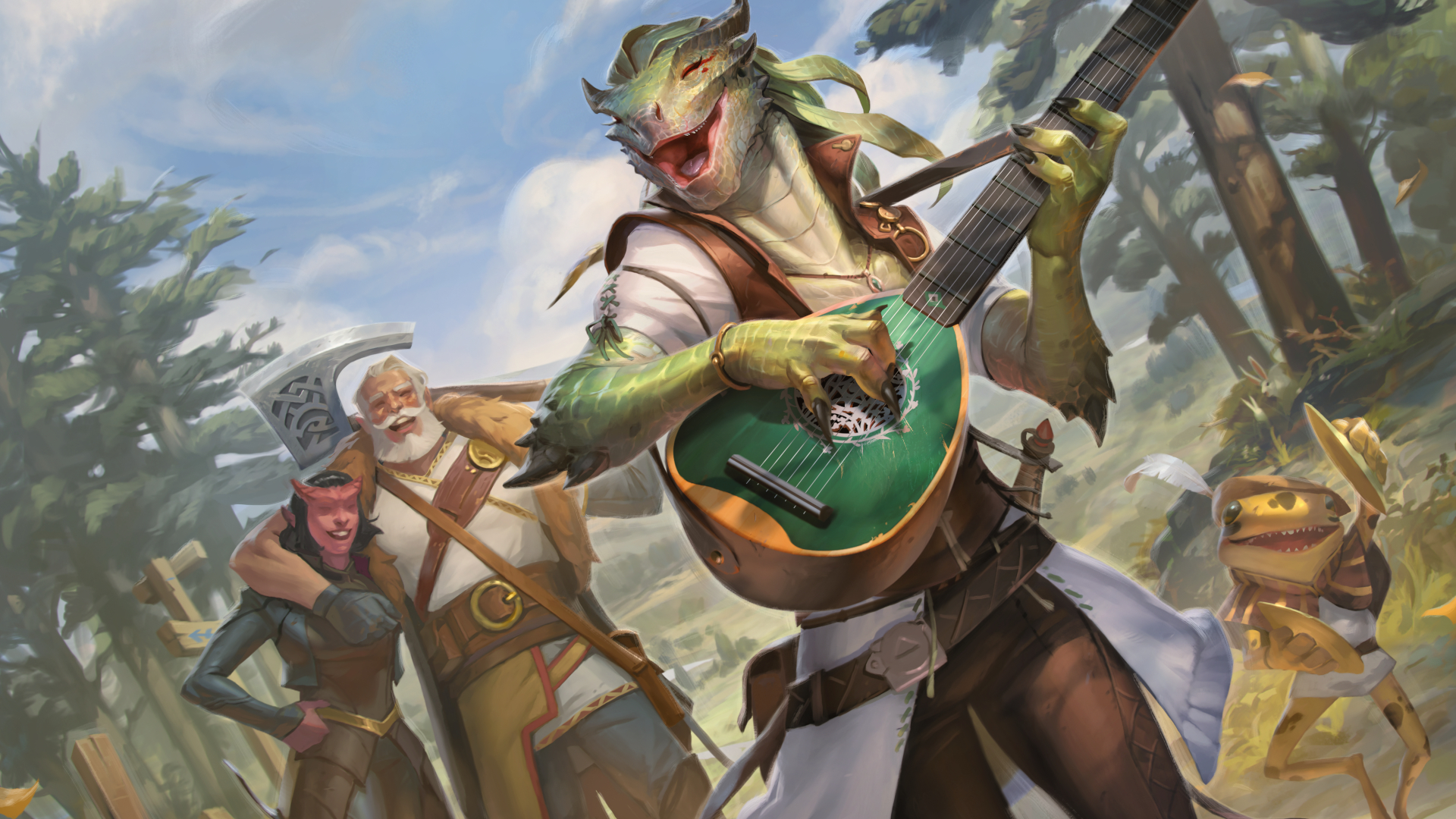
2. Bard
Specifications
Even in D&D, it’s important to have great support. Bards utilize performance such as music, theatre, and art to cast spells that assist their allies, and this makes them a pure spellcaster best suited to supporting fellow adventurers.
This gives them a lot of utility that can make or break a party; while many of their spells are purely offensive, Bards provide healing and buffs to other members within the group. That makes knowing when and where to dish out aid difficult, so less experienced players may want to avoid this one.
A great case in point is the Bard's best-known feature, Bardic Inspiration. This is a gifted dice that scales with leveling (from a D6 up to a D12) that can be added to the giftee's ability check, attack roll, or saving throw. As such, it can be the difference between winning a battle or a total player kill (TPK). That's a lot of responsibility for an individual to shoulder.
In addition, many of a Bard's qualities are best used when you can think quickly on your feet and have a good idea of what niche skill should be used in any given situation. With that in mind, they're better suited to folks who have plenty of experience playing Dungeons and Dragons. Trust us, this isn't an ideal D&D class for beginners.
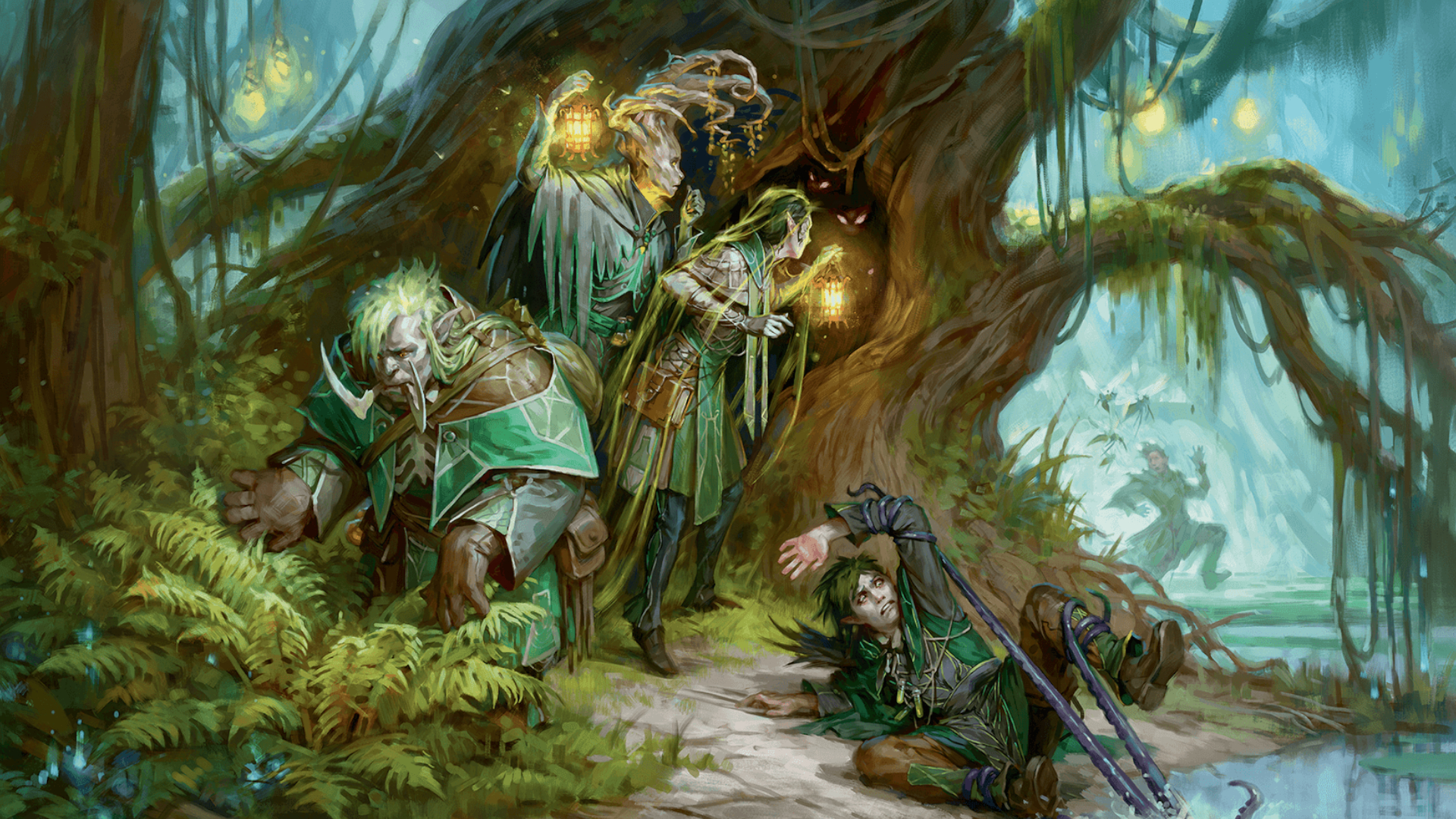
3. Druid
Specifications
Known as the heralds of nature, Druids are pure spellcasters with the ability to transform into different creatures. Outside of having some fantastic spells at their disposal, the list of beasts they can transform into is huge and will likely require a lot of planning with your DM. Which is awesome, obviously, but it's quite a commitment.
On top of this, there’s an extra level of complexity to Druids because each of their subclasses are so varied that they're as difficult to master as an entirely different class. Moreover, you have access to the full list of base Druid spells and must choose your subclass right from the first level. Consequently, this class requires a lot of upfront reading as opposed to something like the Fighter where you can simply roll a character and get straight into playing.
Different subclasses will also change what additional reading you’ll need to do. Circle of the Moon druids can turn into more powerful creatures, for example, while those in the Circle of the Land have to choose another list of terrain-based spells.
On the plus side, they’re one of the most powerful classes you can play thanks to their flexibility - you can act as the group's tank, healer, and support while dishing out both ranged and close combat attacks. Indeed, there’s so much utility with playing a Druid that it can quickly get overwhelming, so they’re better suited to people who enjoy a lot of character planning with a decent prior knowledge of spells and the Beastiary.
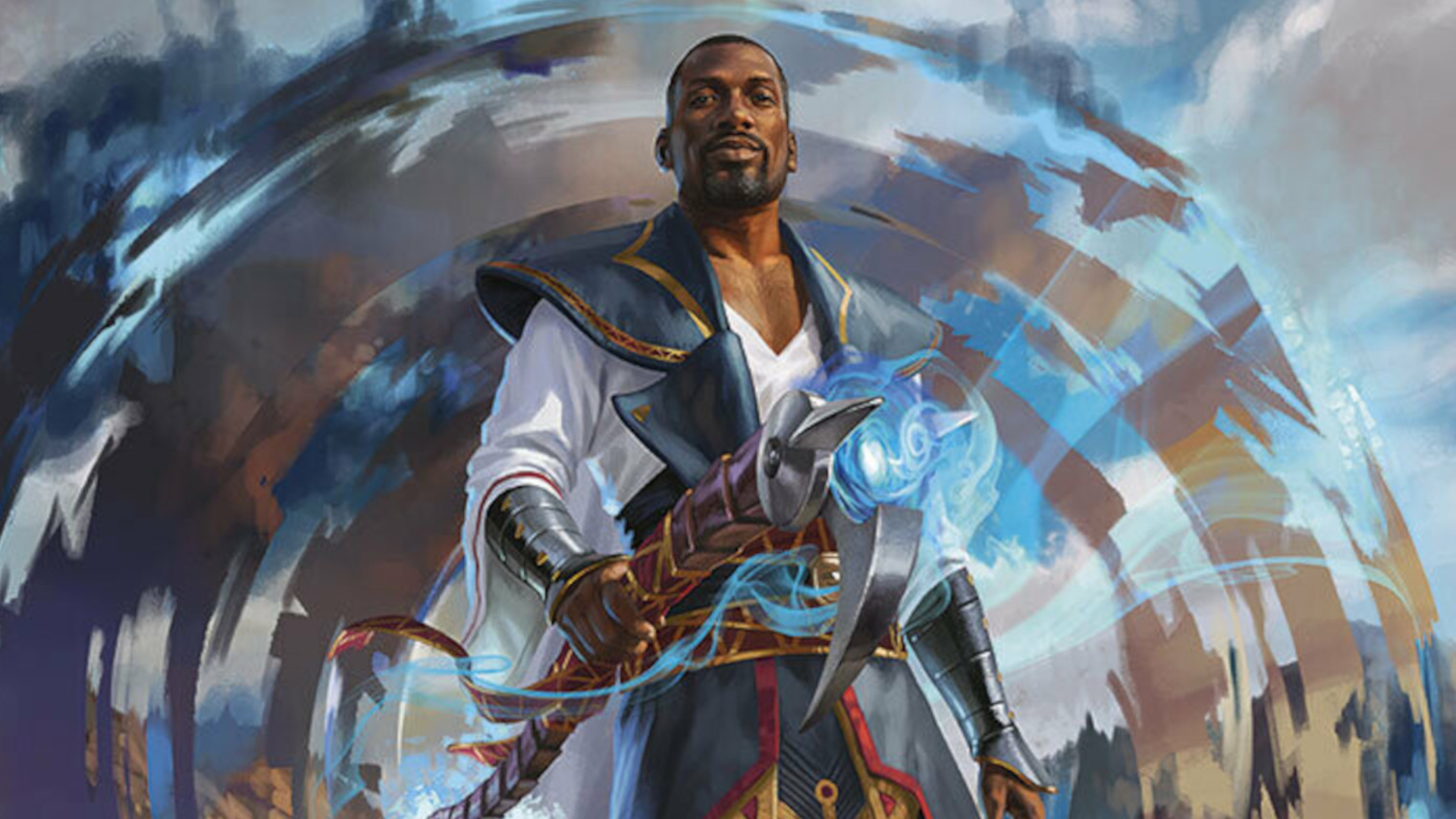
4. Wizards
Specifications
Wizards are the bookworms of Dungeons and Dragons, with a spell list so long that this in of itself can feel overly complex. We’ve mentioned spells a fair bit already in this list, and while they can be incredibly powerful both in and out of combat, each has its own conditions as to when it can be used, the range it will affect, and the distance it can be cast at. This is manageable with a smaller list or even if you have other skills you can rely on in a pinch, such as walloping the enemy with a sword, but Wizards are dependent on being very good at understanding all of their spells and exactly when you should be casting them.
You have to pick a school of magic too, which only adds to the sheer amount of choice available - each subclass offers different spells and features.
Seeing as Wizards don’t have much to offer outside of their magic, running out of spell slots leaves you exceptionally vulnerable. Having no means of attack or defense is extremely dangerous for a Wizard, as they have the lowest hit point dice (D6) of any character. This guarantees they'll be the squishiest member of the party.
It's the trade-off you take in exchange for all that raw power, though; you're essentially a glass cannon. Eventually, anyway - you don’t actually get all that powerful until you have a few levels behind you. It’s incredibly easy to kill a low-level Wizard, so unless you’re happy with the increased risk, you might want to play around with another spellcaster class first.
Best D&D class for beginners - what next?
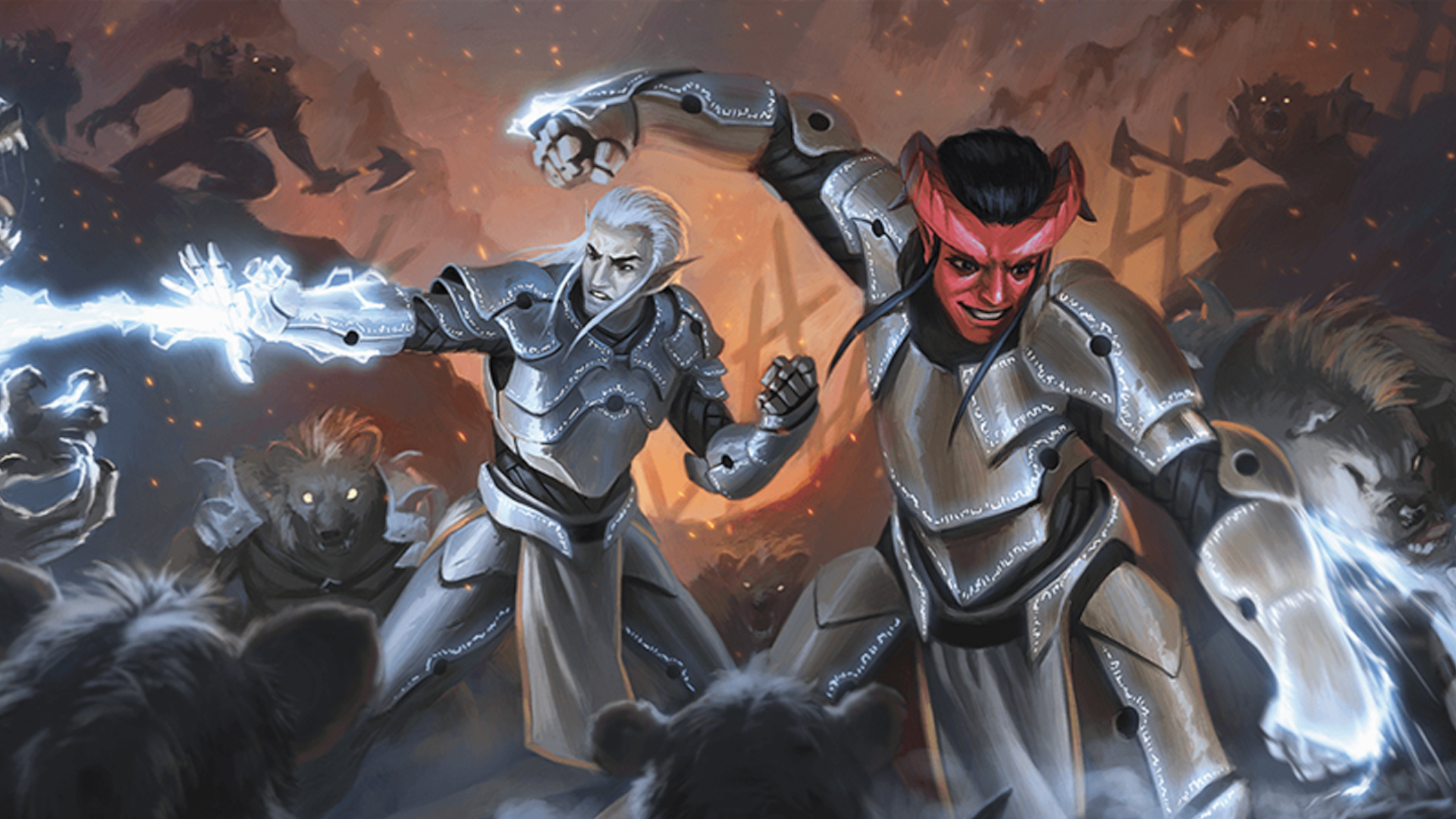
If you want to do some swotting up of your own, the D&D 5E books can be purchased at most popular bookstores (both online and instore). In addition, many resources are available to read for free on websites like DnD Beyond.
Some final notes to leave you with before you start planning your first ever character: just because something is ranked on this list as being a difficult D&D class for beginners, don't think you shouldn’t play something that resonates with you.
In the same breath, if you’re a Dungeon Master planning a first session for a group of people new to D&D, please don’t tell them they can’t play specific classes because of their difficulty. Many people fall in love with this game because they have the freedom to play whatever they like. It’s what sets tabletop RPGs apart from video games, and restricting players away from specific classes or, in some instances, the entire list of pure spellcasters, could ruin the opportunity for a newbie to connect with their character. We were all new to this hobby once, so some research and helpful guidance will go a very long way!
Looking for more helpful tips? Here's how to start playing D&D, and how to play D&D online.
Weekly digests, tales from the communities you love, and more
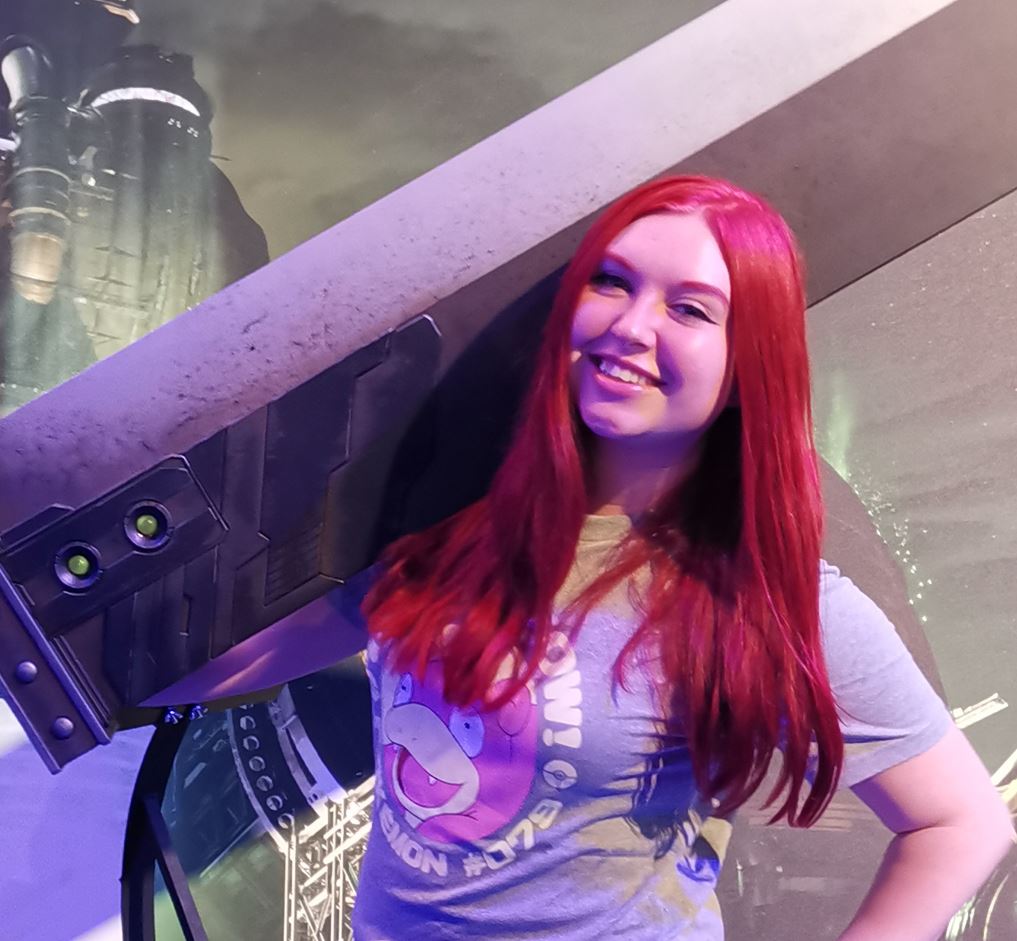
Jess is TechRadar's Computing writer, where she covers all aspects of Mac and PC hardware, including PC gaming and peripherals. She has been interviewed as an industry expert for the BBC, and while her educational background was in prosthetics and model-making, her true love is in tech and she has built numerous desktop computers over the last 10 years for gaming and content creation. She can often be found playing games of both the Video and Tabletop variety, occasionally streaming to the disappointment of everyone. A conversation of any length will likely result in her trying to convince you to start playing D&D, though she'd settle for an evening of painting miniatures at a push.


